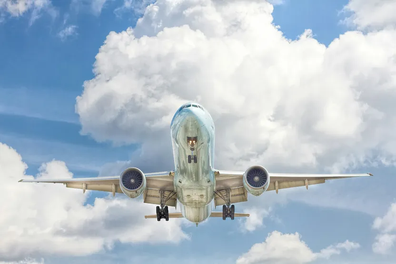
Aerospace Engineers
| Median Wage (USD, 2023) | Projected Job Openings (2022-2032) | Projected Growth (2022-2032) | |
|---|---|---|---|
| National Statistics | $130,720 | 4,200 | 6.00% |
| State Statistics | - | - | - |
| City Statistics | - | - | - |
Perform engineering duties in designing, constructing, and testing aircraft, missiles, and spacecraft. May conduct basic and applied research to evaluate adaptability of materials and equipment to aircraft design and manufacture. May recommend improvements in testing equipment and techniques.